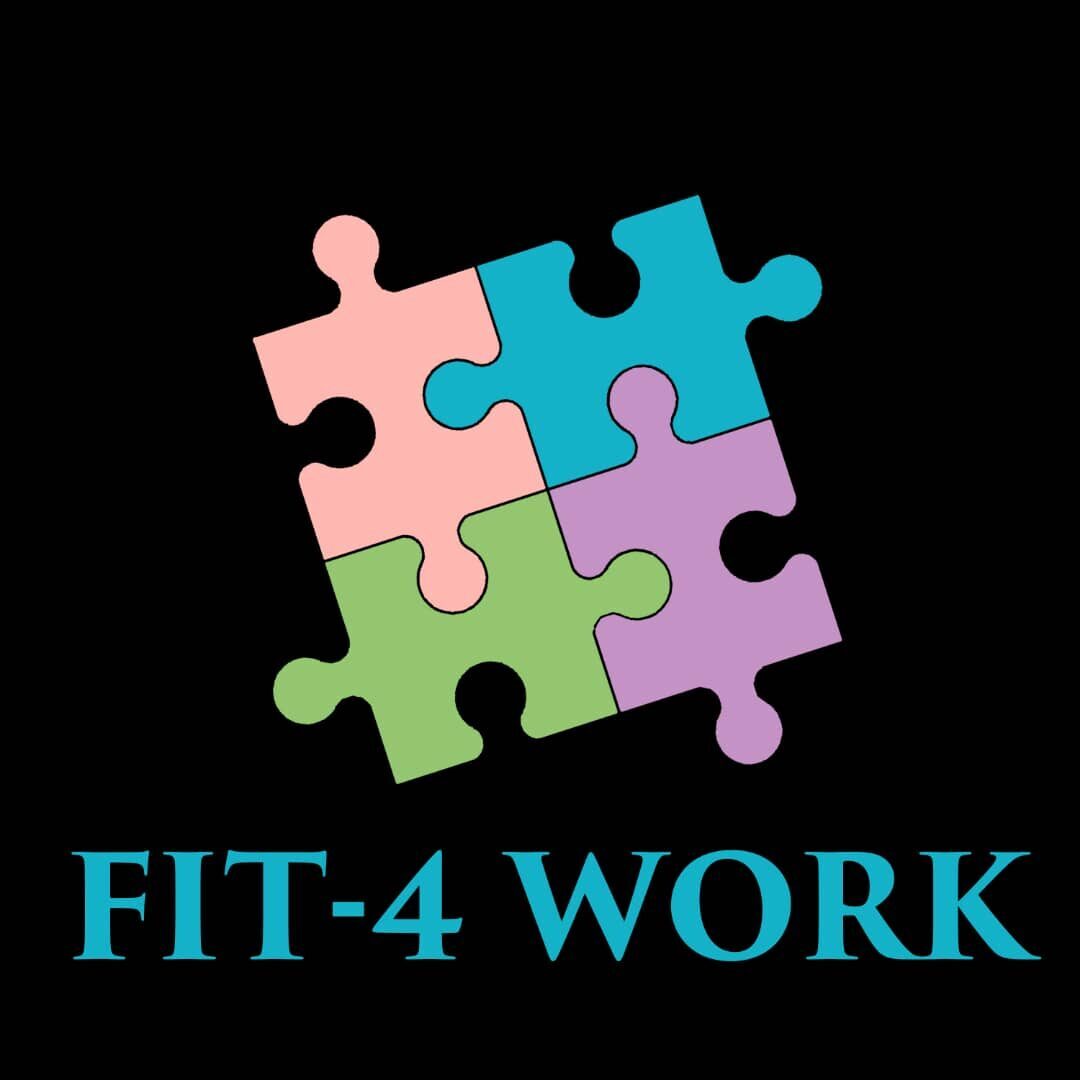“The Importance of Soft Skills in the Workplace: Why Emotional Intelligence Matters”
While technical skills are undoubtedly critical for success in many industries, soft skills like emotional intelligence and effective communication are equally important. In fact, studies have shown that employees with higher levels of emotional intelligence tend to be more successful in the workplace and can often lead more effectively than those who rely solely on their technical expertise.
One key aspect of emotional intelligence is empathy, or the ability to understand and relate to the emotions of others. In the workplace, this can help to improve collaboration, diffuse conflicts, and create a more positive, supportive work environment.
Another essential soft skill is active listening, which involves fully engaging with what others are saying and asking clarifying questions to ensure complete understanding. Effective communication also involves being able to express oneself clearly and succinctly, and it can be an important tool for creating buy-in and achieving buy-in from team members and stakeholders.
Finally, conflict resolution is another critical soft skill for success in the workplace. The ability to listen, empathize and find mutually beneficial solutions can be a valuable asset in a variety of work environments and industries.
“The Gig Economy: Pros, Cons, and Opportunities”
The gig economy, characterized by short-term contracts and freelance work, offers a great deal of flexibility and variety for professionals who are seeking alternative career paths. However, like any working model, the gig economy has its pros and cons, and it’s important to carefully consider the opportunities and challenges before diving in.
On the positive side, the gig economy can offer greater flexibility and control over one’s schedule, as well as the chance to work on a variety of projects and with a diverse range of clients. Additionally, it can offer a great deal of autonomy and independence, allowing you to take ownership of your career and make your own decisions.
On the other hand, the gig economy can also present challenges, such as a lack of job security, the need to constantly find new clients and projects, and the potential lack of benefits like healthcare and retirement plans. It’s important to weigh these factors and carefully consider your options before making the leap into freelance work.
For those interested in pursuing a career in the gig economy, there are several steps you can take to maximize your chances of success. These might include building a strong online presence and networking with others.








